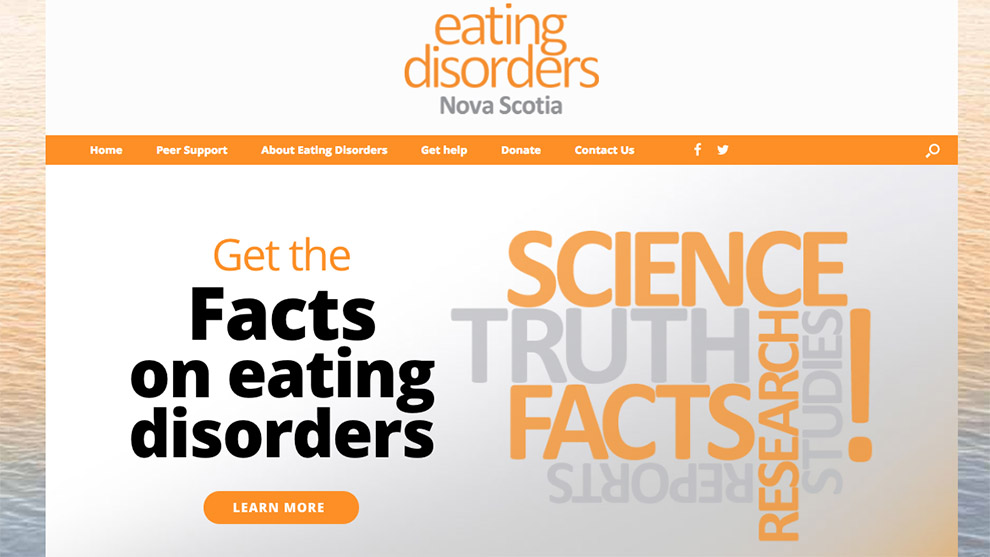Eating Disorders
Eating Disorders Nova Scotia to offer online peer mentoring
Peer support group to launch Feb. 7

caption
Eating Disorders Nova Scotia is set to launch a new online support group.
caption
Eating Disorders Nova Scotia will soon offer online peer support.The province’s first online peer support group for people suffering from eating disorders is set to launch next week.
The program is meant to improve access to treatment and coincides with National Eating Disorders Awareness Week, which takes place from Feb. 1 to 7. The online support group will be available starting Feb. 7.
The program is a first for Nova Scotia. Previously, only in-person peer support groups were available and most of them were in Halifax. Now, it doesn’t matter where a person is.
“It can be anonymous; people can share as little or as much as they want,” said Michelle Hebert-Boyd, executive director of Eating Disorders Nova Scotia. “It’s really a safe way for people to get this kind of help, especially in rural communities, where sometimes mental health resources aren’t as available or as accessible.”
According to 2016 Statistics Canada data, between two and three per cent of Canadians have suffered from an eating disorder at some point. Hebert-Boyd said it’s hard to know for sure how many people are not coming forward with their illness, especially in rural areas, where people may feel ashamed or embarrassed.
“They’re sometimes reluctant to come out in small communities where people will recognize them,” she said. “People, maybe, don’t want to share that they have a mental health concern.”
Participants sign up by contacting Eating Disorders Nova Scotia to receive an access code for a weekly online chat group. They can remain as anonymous as they’d like and each online group session is led by a trained peer mentor.
All peer mentors have recovered from an eating disorder themselves.
“They’re not only sharing the knowledge that they have of what recovery is like and what resources are helpful,” said Hebert-Boyd. “But they’re gaining skills themselves and feeling good about their experience and breaking that stigma … and really it’s improving so much about the way people think about mental health.”
‘Recovery buddy’
One of the peer mentors, Laura Mofina, said having this experience helps her understand what the participants are going through.
“We’re meant to be basically like a recovery buddy,” she said.
Mofina said her background in holistic nutrition, a dietary approach that focuses on natural foods and a body-mind-spirit connection, can help her tailor her mentoring.
“It’s about the individual. What looks good for me, what healthy means for me, what recovery means for me is going to be completely different from the next person,” she said. “There’s no one right way to eat; there’s no one right way to recover.”
Mofina noted there are as many types of eating disorders and every case is unique.
According to the National Eating Disorders Information Centre, these cases can include anorexia nervosa, bulimia nervosa and binge-eating disorder, but there are many more.

